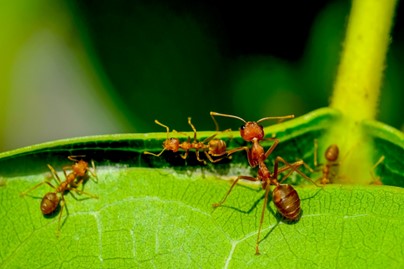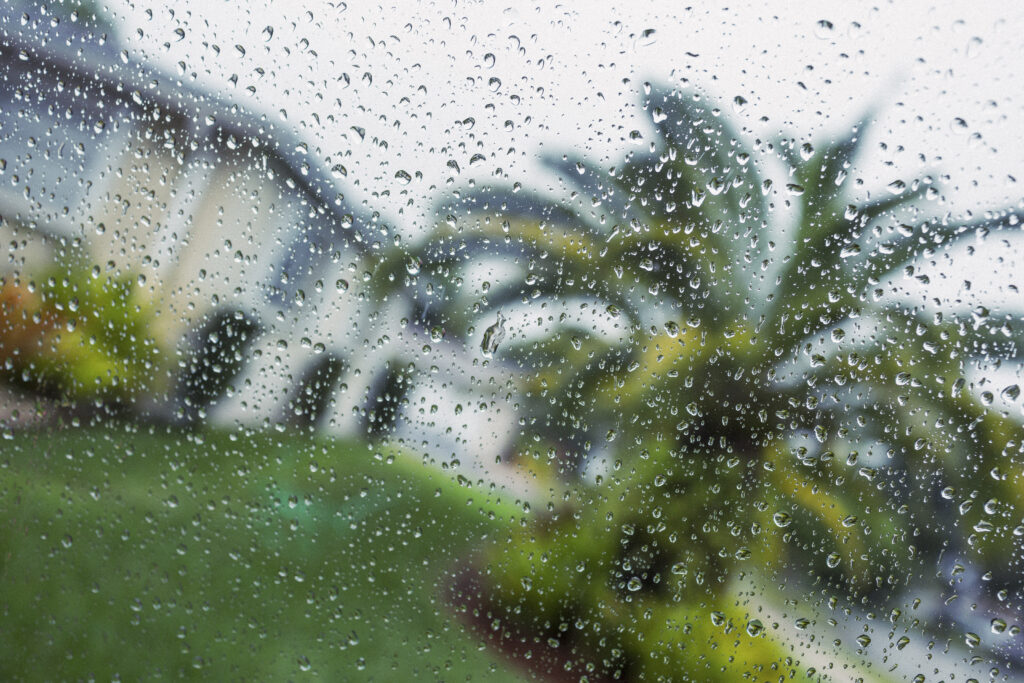When it comes to maintaining a lush and inviting lawn, few things are as frustrating—or as dangerous—as an invasion of fire ants. These tiny pests pack a painful punch, and if left unchecked, they can take over your outdoor spaces, making them unsafe for pets, children, and even adults. At Lawn Squad, we believe in helping you keep your lawn not just beautiful, but also safe. Here’s a guide to understanding and controlling fire ants in your yard.
Understanding Fire Ants
What Are Fire Ants? Fire ants are small, reddish-brown ants known for their aggressive behavior and painful stings. Unlike other ants that might just be a nuisance, fire ants can cause serious harm. Their stings result in painful welts and, in some cases, allergic reactions that require medical attention.
Where Do They Come From? Originally from South America, fire ants have become common in many parts of the United States, particularly in the South. They thrive in warm climates and are especially active during the summer months.
Why Are They Dangerous? Fire ants are territorial and will aggressively defend their nests. A single fire ant mound can house thousands of ants, all ready to swarm if disturbed. Their stings inject venom, which can cause intense burning sensations, itching, and, in some cases, anaphylactic shock in those who are allergic.
Identifying Fire Ant Infestations
Signs of Fire Ant Presence
- Mounds: Fire ants build distinctive mounds that can reach up to 18 inches in height. These mounds are often found in sunny areas, such as lawns, pastures, or open fields.
- Aggressive Behavior: If you disturb a fire ant mound, the ants will quickly swarm out to defend their territory.
- Painful Stings: If you or a family member experience a sting that results in a burning sensation followed by itching and a white pustule, you’re likely dealing with fire ants.
Controlling Fire Ants: A Step-by-Step Guide
- Spot Treatment with Baits
- Fire ant baits can be a very effective way to control these pests. The ants carry the bait back to their nest, where it is fed to the queen and the rest of the colony. It’s best to apply baits in the evening when ants are most active.
- Broadcast Treatment
- For larger infestations, consider using a broadcast treatment. This involves spreading granular insecticide over a wide area of your lawn. The granules work slowly, allowing the ants to carry the poison back to their colony.
- Direct Drenching
- For particularly stubborn mounds, drenching is an effective method. Use a liquid insecticide mixed with water, pouring it directly into the mound. This will kill the ants on contact and reach deep into the nest to ensure the queen is also exterminated.
- Natural Remedies
- If you prefer a more eco-friendly approach, there are several natural remedies you can try. Diatomaceous earth, for instance, is a natural substance that dehydrates and kills ants. You can also use a mixture of boiling water and dish soap to pour over the mounds.
Preventing Future Infestations
Regular Lawn Maintenance
- Keep Your Lawn Tidy: Fire ants prefer undisturbed areas. Regular mowing, raking, and removing debris can make your lawn less attractive to them.
- Use Preventative Insecticides: Consider applying preventative insecticides during the spring and fall to keep fire ants at bay.
Monitor and Act Quickly
- Keep an eye on your lawn for new mounds, especially after heavy rains, which often drive fire ants to build new nests. Early intervention is key to preventing a full-blown infestation.
When to Call the Professionals
If you’re dealing with a severe infestation, it might be time to call in the pros. Lawn Squad offers expert effective fire ant control services that can help you reclaim your yard.
Conclusion
Fire ants are more than just a nuisance; they’re a threat to the safety and enjoyment of your lawn. With the right approach, you can take control of your yard and keep it fire ant-free. Whether you choose to tackle the problem yourself or enlist professional help, the key is to act quickly and consistently.
Is your lawn under siege by fire ants? Contact Lawn Squad today for expert advice and top-notch service to reclaim your yard!






